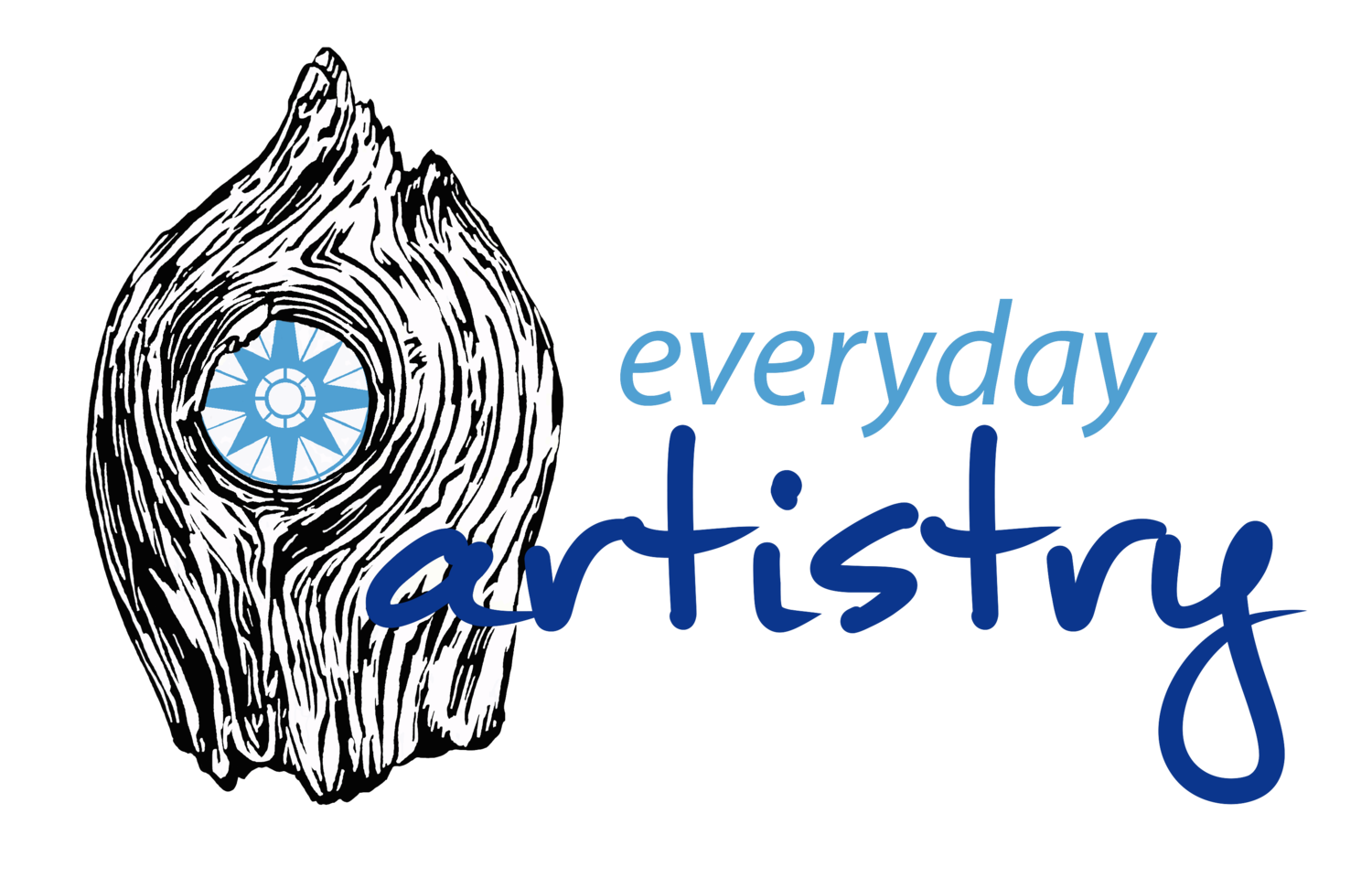This is the second in a series of posts about my experiences with social anxiety and finding my voice. Find the first post here and look for the next instalment in two weeks.
In my last post I wrote about my struggles with social anxiety and all the things I did that made it worse: obsessing over what was wrong with me, trying to fix myself, reading endless books about communication and social skills, putting my tale of woe on repeat, and letting other people define me. In this post and the next one, I want to share what I've done that has helped, and how you can apply what I've learned to your own life.
For me there are two components to loosening the bonds of social anxiety: changing my thoughts and changing my behaviors. I've learned that one doesn't really work without the other.
I've always been one to put myself in scary situations, sometimes with the goal of forcing the anxiety out. While this can help, without doing the mental groundwork, it often just made me miserable instead.
This week I'm covering ways that I have been able to change my mindset: to go from feeling like there was something wrong with me that needed to be fixed to finding ways to accept myself and work with what I had.
Counselling
I started going to counselling when I was dating someone and was in a panic about not being able to communicate with him. Opening up to a stranger sounded awful, but not as awful as being alone forever, so I decided to give it a try. Though it definitely didn't "cure" me, I've learned a lot as I've gone on and off over the years.
One of the biggest takeaways for me was understanding the difference between a mind that was blank and too stupid to think of something to say (what I thought the problem was) and a mind that was so overwhelmed by anxiety and negative thoughts that all useful contributions to conversation were pushed aside (what was actually happening).
My therapist compared my mind to a snowstorm and helped me realize that I did have something to say, it was just getting buried under all the negativity. I've been working on calming that negativity ever since.
What you can do
Getting help does not mean that you're weak, or broken, or sick. It means that you're serious about living your best life. If you feel trapped by anxiety, it can be immensely helpful to talk it out with a trained therapist.
It's important that you find someone you feel comfortable with - ask friends and family for recommendations and if someone doesn't feel right, keep looking. I especially liked my therapist because he often talked about his own struggles with anxiety and I felt like he really understood what I was going through.
Meditation and mindfulness
I am terrible at meditating. I either fall asleep or run through every single thing that I have to do ever, over and over again. The first meditation retreat I went to was a complete disaster. The good news is that you don't have to be good at meditating for it to be useful.
Over the years that I've been meditating, I've learned how to notice the thoughts that cause my anxiety and insecurity, and how to give them less and less credence. Meditation helps me to be mindful of what happens in my mind and body when I'm attempting to communicate, and to be curious about my thoughts and feelings, rather than getting pulled into them. This has been the key to finding the way through the snowstorm of my thoughts and finding peace with myself.
What you can do
I started meditating regularly using an app called Headspace. It's a paid app, but I found the guided meditations were so useful that I was more than willing to pay for a subscription. If that's not possible, there are plenty of free apps and meditation challenges out there as well. I've also started looking for meditation classes and weekend retreats in my city to immerse myself more deeply in the practice.
If you like learning from books, like I do, I highly recommend anything by Thich Nhat Han and Pema Chodron, and Tara Brach's book Radical Acceptance.
Accepting the value of being an introvert
Instead of reading books about how to be someone I wasn't, I started learning about why we need people like me. Thanks to books like Quiet, by Susan Cain, I started to think about my quietness as less of a flaw and to look at all the ways that I already was connecting and contributing, in my own quiet way.
In my last year of university I realized that I had made a ton of connections, not by being the life of the party, but by slowly and carefully building relationships. Understanding that I didn't need to be extroverted to have worth was a ton of work and a major contribution to eventually finding my voice.
What you can do
Spend some time thinking about the value that you bring to the world. This might be hard if you spend most of your time berating yourself but in order to let go of an identity that's not serving you, you need to replace it with something more loving. Write down all the good that you bring to the people around you.
Especially work on thinking about the traits that you see as flaws. Can you flip them around and find some good in them? The work of Byron Katie is a great way to learn to turn your negative thoughts around. I just finished reading Martha Beck's book, Diana, Herself, and in it she says, "The opposite of suffering is the truth." What truth can you find in your suffering?


